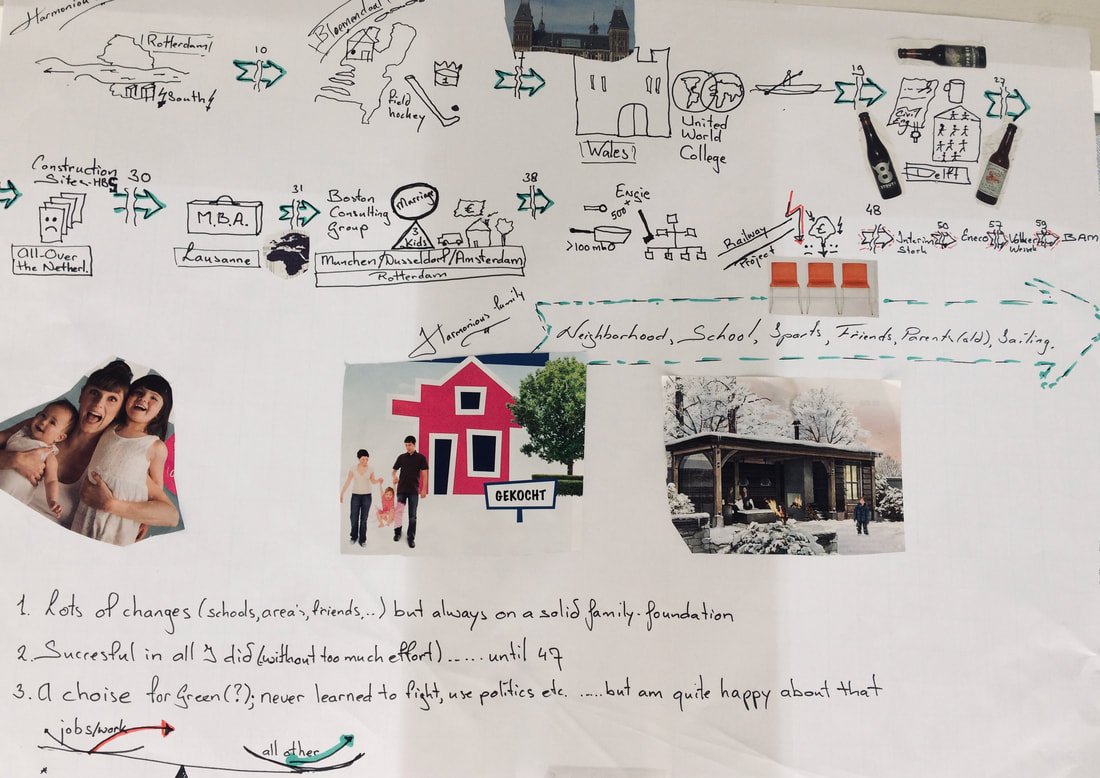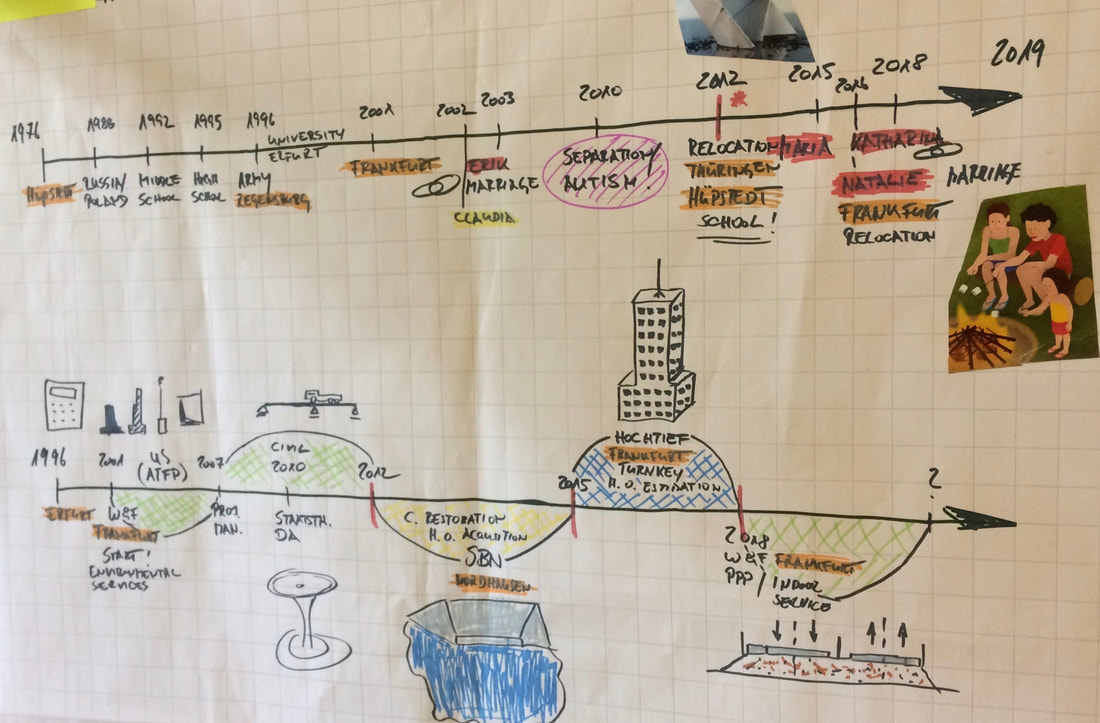Whose love did you crave the most growing up?
I would like you to take a deep breath and consider a very personal question for a moment: “Whose love did you crave the most growing up? Your mum’s or your dad’s?” Take a little time to reflect on it before moving on. Did you crave your mum’s or you dad’s attention the most? Now consider the next question: “Who did you have to be for your mum or dad?” I.e. what did you have to do to gain that person’s love and affection?
The patterns we develop as children follow us long into adult life. Some people are pleasers. They have difficulties setting boundaries, saying no, and expressing their needs. They are good at accommodating and serving others. This is normally a pattern that was developed in childhood. It’s likely that this person had to be unselfish in order to obtain the love and acceptance of a parent. If this pattern is descriptive of you, begin to set small boundaries at work where the implications aren’t too big – for instance regarding which meetings you can and cannot attend. Then it will be easier for you to say no when you really have to.
Another example is someone who is a perfectionist in everything that they do and who expect others to work to the same high standards. Again, it’s likely that this behaviour stems from their upbringing. Perhaps they had to be the A-student and do their homework exceptionally well in order to be accepted by their parent.
Some of the belies from my own life that I have carried into my work is that laziness is a bad thing. As a child I always had to help out at home and not take it too easy. In my work today I’m very productive and almost feel guilty when I take a break. I need to get better at allowing myself – and people who work with me – to chill out a bit.
If you would like to go a bit further with this, I suggest you find a quiet moment to work through the below questions. Go to a place where you won’t be interrupted. Bring a large piece of paper and some crayons.
With words and pictures draw your personal and professional timeline on your large piece of paper. Then answer the below questions by adding words and illustrations to your paper:
- What are the major personal and professional events that have shaped you? (Draw them on your timeline.) How did you feel? How do you feel about it now?
Complete the following sentences:
- The best measure of personal success is …
- The main driving force in my life is…
- I know that I will be successful when …
- I am happiest and most satisfied when …
- If I could choose any career, I would become a … because …
- When I’m under pressure, I …
- What gets me into trouble is …
- I tend to hold myself back in situations where …
- I get angry when …
- My hidden talent is …
Reflect on the questions and how they have shaped your leadership style. What are the beliefs and behaviours you adopted in your childhood and in which ways are they influencing you today? Perhaps some of them are no longer useful and it’s time for you to leave them behind.
The first step in making a positive change is to create awareness about the things you would like to change. The second step is to identify a small area where you can begin to take some new action. It would be beneficial to share your actions with someone. When you share your intentions with a buddy or a coach they can help you stay accountable and keep you on track.
If you liked this post, you may also like:
Building Self-Esteem
The Secret to Authentic Leadership
My Story - Working Smarter; Not Harder!
10 Tips for Handling Conflict
6 Principles for building trusting relationships










 RSS Feed
RSS Feed